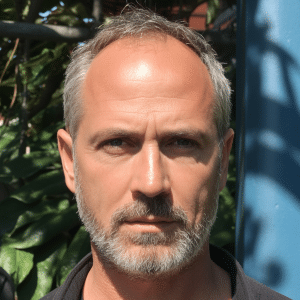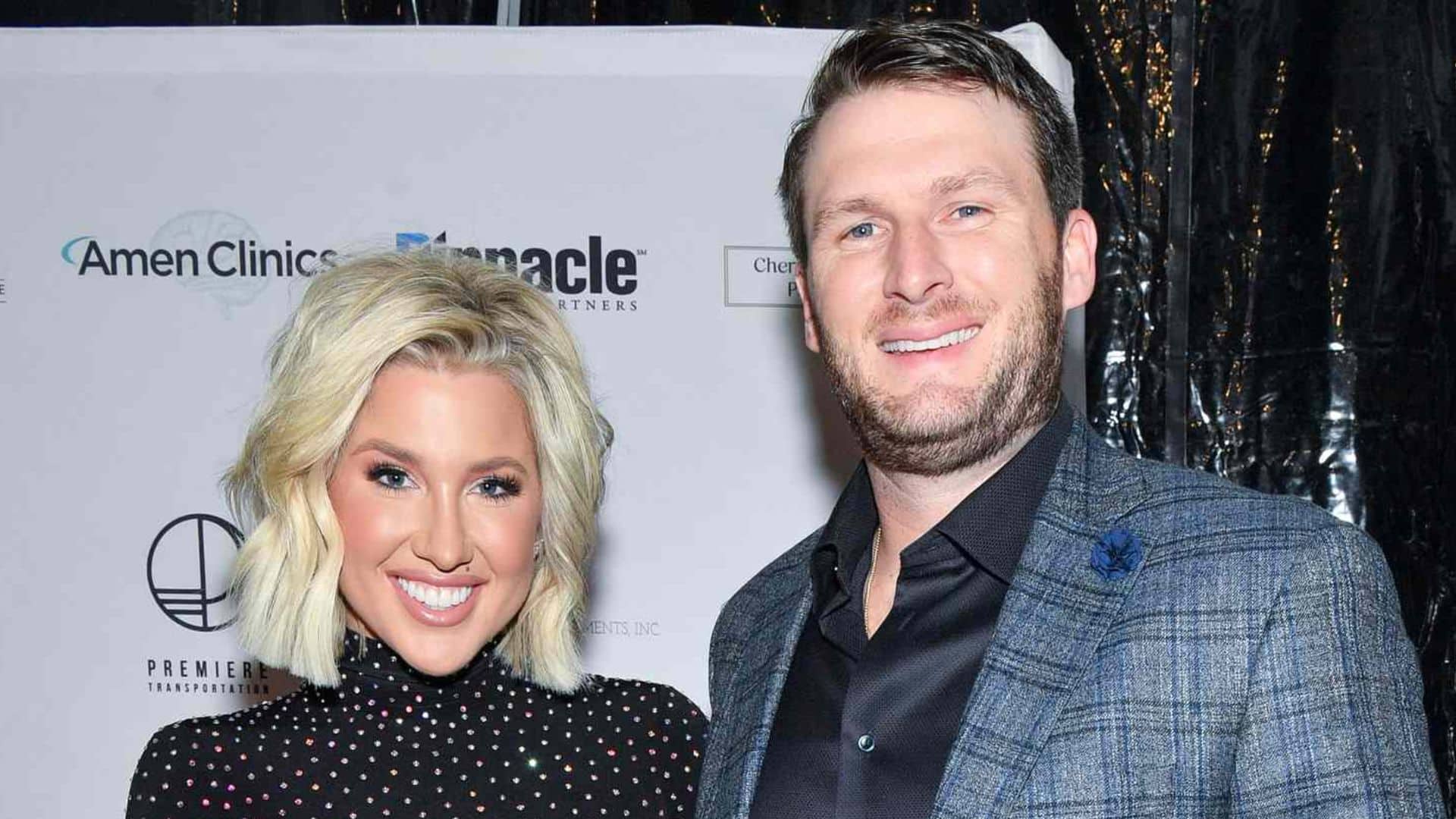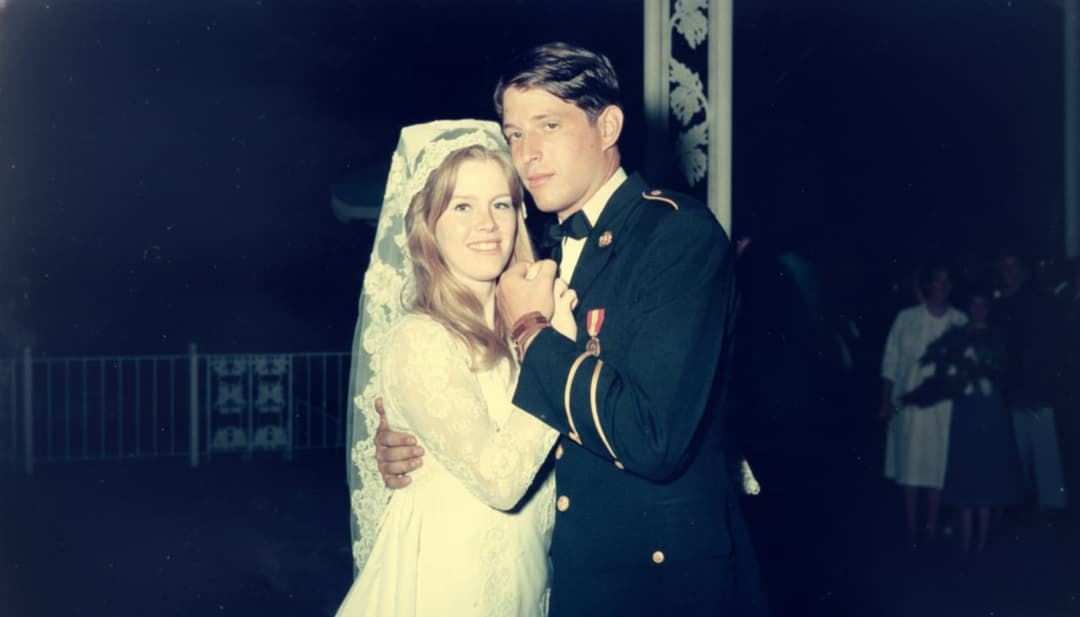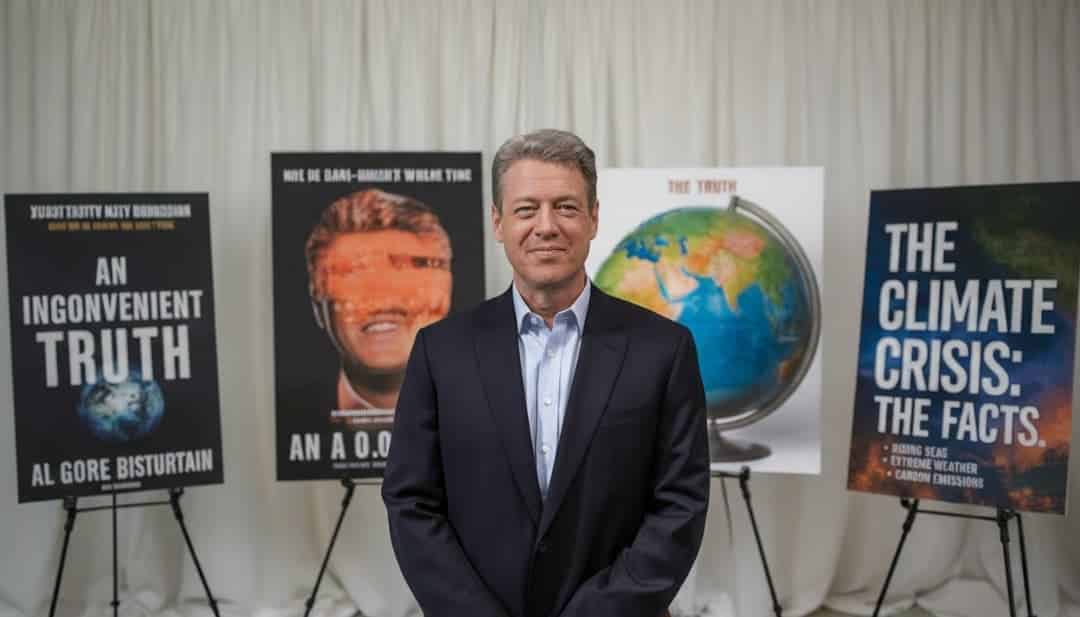When actress Evan Rachel Wood named shock rocker Marilyn Manson as her abuser in February 2021, it sent shockwaves through the entertainment world.
Within hours, multiple women stepped forward with similar stories of abuse and manipulation.
The Marilyn Manson allegations quickly became one of the most closely watched legal battles in recent celebrity history, involving criminal investigations, multiple lawsuits, and career-ending consequences for the musician.
Manson created his stage persona by combining actress Marilyn Monroe’s first name with serial killer Charles Manson’s last name. This deliberate choice reflected his brand of dark, theatrical rock music that challenged social norms and religious conventions.
His rise to fame came through albums like:
- Portrait of an American Family (1994)
- Antichrist Superstar (1996)
- Mechanical Animals (1998)
- Holy Wood (2000)
Beyond music, Manson appeared in films including David Lynch’s Lost Highway, Party Monster, and TV shows like Californication and Once Upon a Time.
His public image centered on gothic aesthetics, controversial lyrics, and provocative performances that often included violent imagery.
| Why did Manson’s persona affect how people viewed the allegations?
Manson’s “dangerous” public image worked against him when allegations surfaced. His brand, promoting darkness and violence, made accusations more believable to some. Critics said his persona normalized abuse, while supporters argued art differs from personal life. This blurred line shaped public perception of the allegations. |
Timeline of Marilyn Manson Allegations
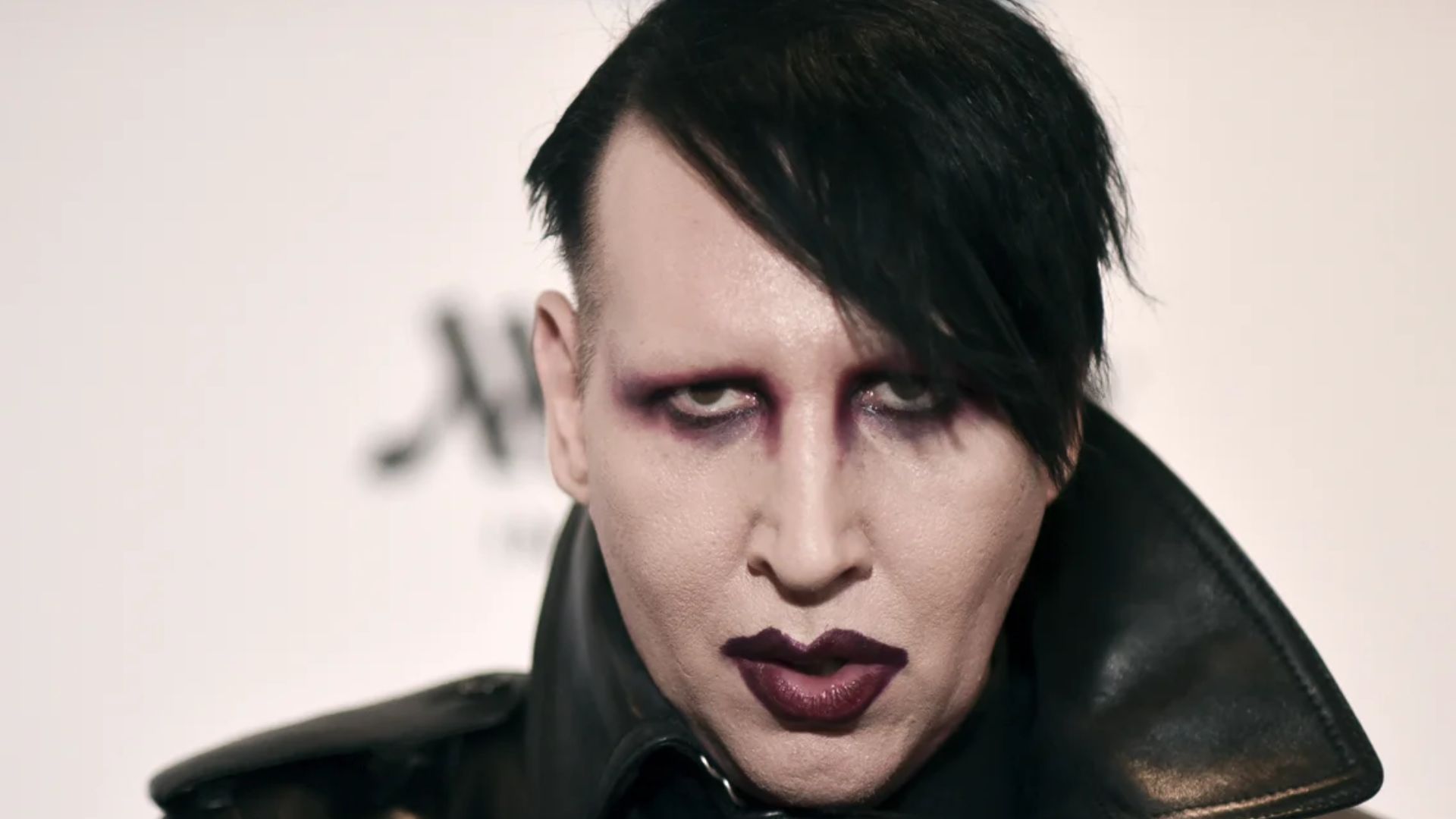
The Marilyn Manson allegations unfolded rapidly after the first public accusation, creating a domino effect that would reshape the musician’s career and personal life forever.
February 2021: Early Warning Signs
Prior complaints existed privately, with Evan Rachel Wood testifying about abuse in 2018 without naming Manson, while industry insiders claimed they’d heard rumors for years.
February 1, 2021: The Breaking Point
Wood named Manson on Instagram, prompting four more women to come forward within 24 hours with similar allegations of assault, violence, and psychological abuse.
February-March 2021: Industry Response
The industry reacted swiftly – Loma Vista dropped Manson, CAA terminated representation, TV shows removed him, and venues canceled concerts, sending a clear message about consequences for abuse allegations.
May 2021: Legal Actions Begin
Ashley Walters, Manson’s former assistant, filed the first major lawsuit. Esmé Bianco followed with her own legal action, detailing alleged incidents from 2011.
November 2021: Criminal Investigation Launches
The Los Angeles County Sheriff’s Department raided Manson’s home, seizing electronic devices and other evidence related to sexual assault allegations dating from 2009 to 2011.
2022-2023: Legal Battles Intensify
Multiple civil lawsuits proceeded through courts while criminal investigators continued gathering evidence. Some cases reached confidential settlements, while others faced dismissal on technical grounds.
January 24, 2025: Criminal Case Closes
Los Angeles District Attorney Nathan Hochman announced no criminal charges would be filed, citing statute of limitations issues and insufficient evidence to prove charges beyond a reasonable doubt.
Following the Investigation, the Marilyn Manson allegations continue to affect his career, although he has resumed touring. Several civil cases remain active, while others have reached undisclosed settlements.
Legal Context of the Accusations Against Marilyn Manson
The Marilyn Manson allegations involved complex legal proceedings across multiple jurisdictions and case types. Understanding these different legal contexts helps explain why outcomes varied significantly between cases.
1. Civil Lawsuits
Ashley Walters sued in May 2021, claiming sexual assault, battery, harassment, and intentional emotional distress. Esmé Bianco filed federal charges, including sexual assault, battery, human trafficking, and unlawful imprisonment.
Bianca Allaine Kyne, initially filing as “Jane Doe,” alleged grooming and abuse starting when she was 16. Her ongoing lawsuit also targets Manson’s record labels for alleged negligence in enabling his behavior.
2. Criminal Investigations
The Los Angeles County Sheriff’s Department led a four-year criminal probe after receiving complaints in 2021. Detectives executed search warrants, interviewed witnesses, and collected physical evidence, including electronic devices and documents.
The investigation focused on alleged incidents between 2009-2011 when Manson lived in West Hollywood. However, no formal charges were filed due to statute limitations and insufficient evidence standards.
3. Dismissed or Dropped Cases
Several cases ended without reaching trial due to various legal obstacles. Many allegations involved incidents from years earlier, exceeding California’s time limits for prosecution.
Some cases faced dismissal when accusers failed to meet procedural requirements, such as Ashley Morgan Smithline’s lawsuit being dropped after she couldn’t retain new legal counsel within court-mandated deadlines.
Legal Outcomes and Current Status
The Marilyn Manson allegations cases show mixed results across different courts. Ashley Walters initially lost her lawsuit in 2022 but won on appeal in 2023. Esmé Bianco reached a confidential settlement in 2022. Manson’s defamation lawsuit against Evan Rachel Wood backfired when courts dismissed major portions and ordered him to pay her $327,000 in legal fees.
The January 2025 criminal decision marked the biggest conclusion. District Attorney Hochman declined to file charges, ending four years of investigation. Several civil cases remain active, including Bianca Allaine Kyne’s lawsuit. Manson has resumed touring but lost his record label and major agency representation.
Conclusion
The Marilyn Manson allegations case shows both the power and limits of our legal system when handling celebrity abuse claims.
Over four years, more than a dozen women stepped forward with serious accusations, leading to extensive investigations and multiple lawsuits.
While prosecutors declined criminal charges due to statute limitations and evidence challenges, several accusers reached confidential settlements. Due process protected both accusers’ rights to seek justice and Manson’s right to defend himself.
These cases highlight important issues about abuse survivors and the entertainment industry’s responsibility.
What are your thoughts on how the legal system handled these high-profile allegations? Share your perspective in the comments below.


